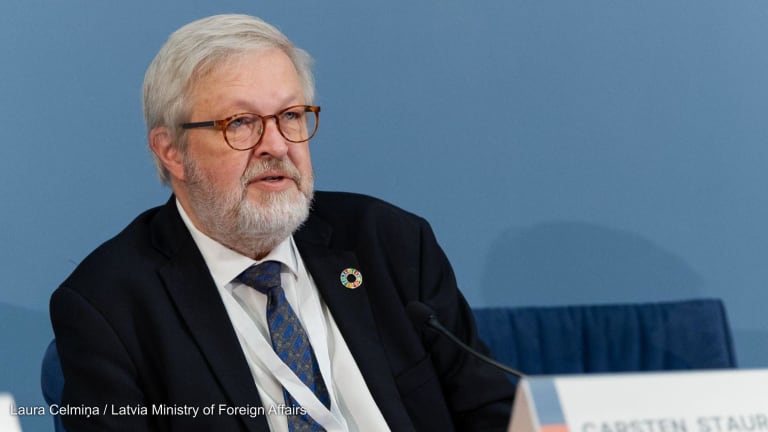The United Nations could oversee the global aid effectiveness agenda better than the Organization for Economic Cooperation and Development, according to a U.K.-based think tank expert, who argues that the United Nations is the “only body that can credibly bring” different national interests under one roof.
In a continuing exchange of views on aid effectiveness with J. Brian Atwood, who chairs OECD’s Development Assistance Committee, Jonathan Glennie of the Overseas Development Institute is suggesting a two-stage process on how the monitoring of aid effectiveness can be improved.
>> J. Brian Atwood: OECD Does not Control Aid Agenda
>> OECD Encouraged To Relinquish Control Over Aid Effectiveness Agenda
First, Glennie is suggesting that DAC’s Working Party on Aid Effectiveness should formally cut ties with OECD to ensure that DAC members and recipient countries would have equal voices in discussions and debates.
“Second, the WP-EFF should eventually come under the auspices of the United Nations,” Glennie writes. “The UN’s Development Cooperation Forum met in Mali in early May to talk about aid effectiveness in an entirely separate process to the OECD-led aid effectiveness talks which culminate in Busan in November this year. It is plainly a waste of time and money to have two parallel processes claiming to oversee aid effectiveness, one based in the OECD, the other at the UN.”
He adds: “It is also ridiculous to spend millions on an aid-effectiveness process that does not involve China, Brazil or the Arab donors in any serious way.”
Read more development aid news.




